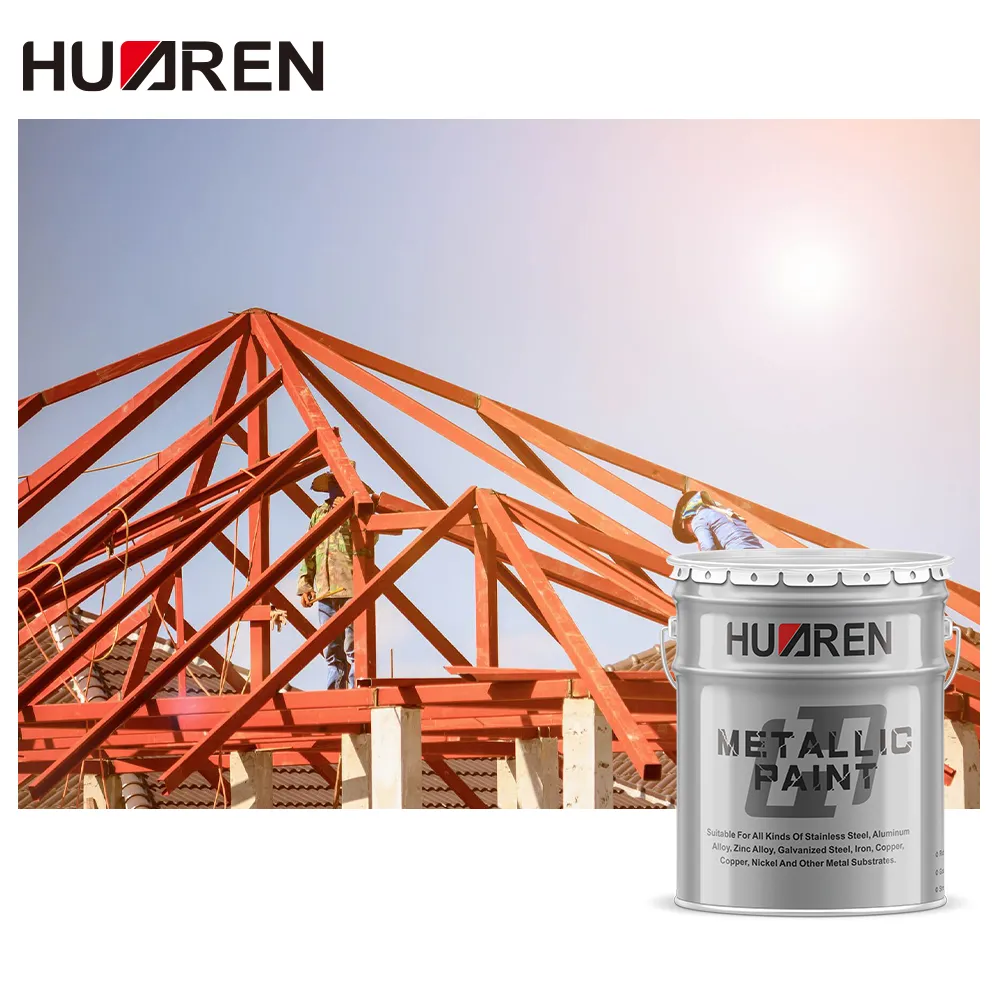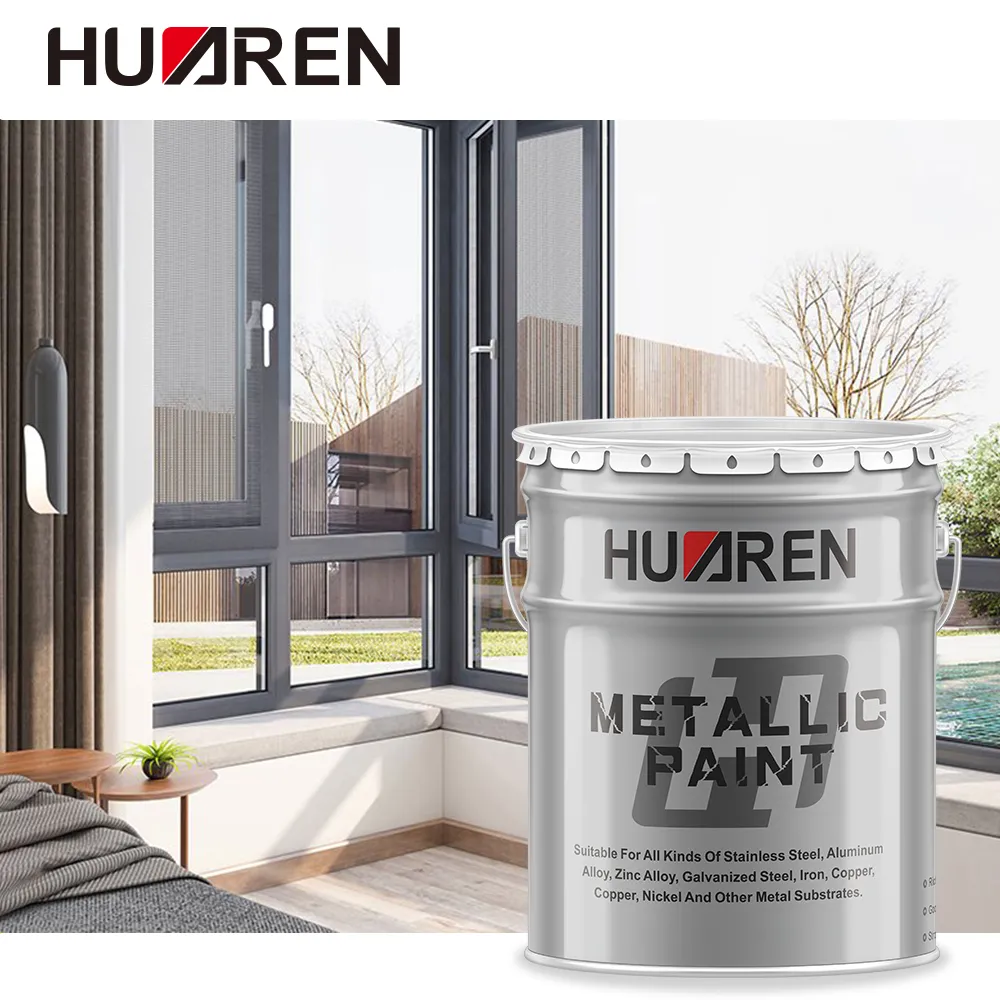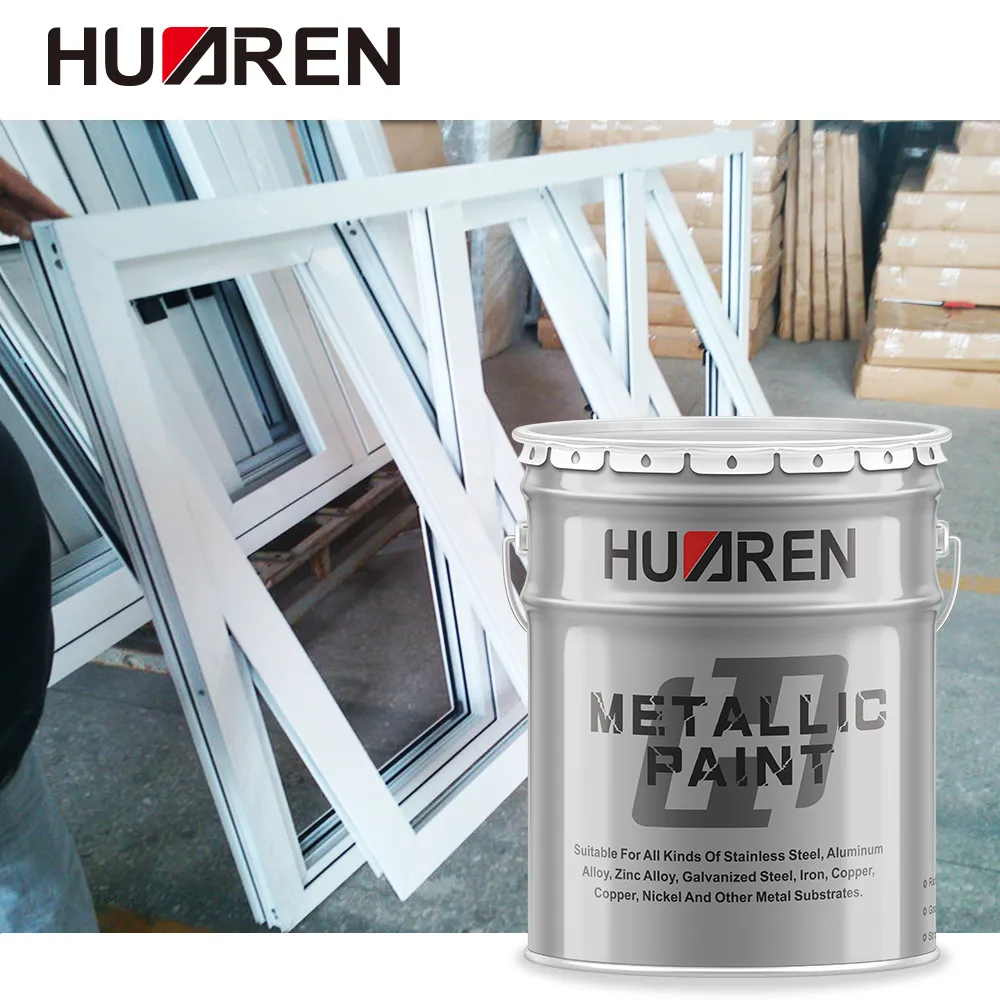Metals are ubiquitous in modern industry and daily life, from building structures, automobile manufacturing to household appliances and electronic equipment. Metals are widely used and important. However, metal corrosion and oxidation problems also arise, which seriously affect the life and performance of metal products. In order to extend the service life of metal products, protective coatings have become an indispensable part.
So, what is the most durable metal protective coating? This article will explore several major metal protective coatings in depth, analyze their advantages and disadvantages, and finally reveal the most durable metal protective coating.

What are the common metal protective coatings?
Common metal protective coatings are:
1. Electroplating coating (galvanizing/nickel plating/chrome plating),
2. Thermal spray coating (aluminum thermal spraying/alloy thermal spraying),
3. Paint coating (epoxy resin coating/polyurethane coating/fluorocarbon coating).
Electroplating coating
Electroplating coating forms a protective film on the metal surface through electrochemical reaction. Common electroplating coatings include zinc plating, nickel plating and chrome plating.
★ Galvanizing:
Galvanizing is the process of coating the surface of iron or steel with zinc by electroplating or hot-dip plating. Zinc has good corrosion resistance and can effectively protect the substrate.
Advantages:
● Low price.
● Good anti-rust effect, especially in atmospheric environment.
● Protective layer of different thicknesses can be provided.
Disadvantages:
● Poor tolerance to acidic and alkaline environments.
● The zinc layer is easily corroded by long-term exposure to humid environments.
★ Nickel plating:
Nickel plating is a method of depositing nickel on the surface of metal. The nickel layer has high hardness and corrosion resistance and is widely used in decoration and industrial fields.
Advantages:
● Excellent corrosion resistance, especially in acidic environments.
● Smooth and beautiful surface, suitable for decorative purposes.
● Good wear resistance.
Disadvantages:
● High cost.
● Poor stability in high temperature environments.
★ Chrome plating:
Chrome plating deposits chromium on the metal surface by electroplating to form a protective layer with high hardness and good gloss. Chrome plating is widely used in automotive parts, tools and decorations.
Advantages:
● High hardness and wear resistance.
● High gloss, with beautiful decorative effect.
● Good corrosion resistance, especially in acidic and alkaline environments.
Disadvantages:
● Wastewater and waste gas generated during the electroplating process need to be strictly treated, and the environmental protection cost is high.
● High cost.
Thermal spray coating
Thermal spray coating is a method of forming a coating by heating and accelerating the coating material and spraying it onto the surface of the substrate. Common thermal spray materials include aluminum, zinc and alloys.
★ Aluminum thermal spraying:
Aluminum thermal spraying forms a layer of aluminum protective film by heating aluminum powder to a molten state and then spraying it onto the metal surface.
Advantages:
● Lightweight and has excellent corrosion resistance.
● Good resistance to atmospheric corrosion and salt spray corrosion.
● Can be applied to large structures such as bridges and ships.
Disadvantages:
● Low surface hardness and general wear resistance.
● The thermal spraying equipment is complex and the construction requirements are high.
★ Alloy thermal spraying:
Alloy thermal spraying uses different alloy materials, such as chromium alloy, nickel alloy, etc., and covers the metal surface through thermal spraying technology to form a high-performance coating.
Advantages:
● According to different alloy compositions, it can provide excellent corrosion resistance, wear resistance and high temperature resistance.
● Suitable for harsh industrial environments, such as chemical equipment and boilers.
Disadvantages:
● High cost.
● Complex construction, requiring professional equipment and technology.

Paint coating
Paint coating is a protective film formed on the metal surface by brushing, spraying or dipping. Common coatings include epoxy resin, polyurethane and fluorocarbon coatings.
★ Epoxy resin coating:
Epoxy resin coating is widely used in the field of metal protection due to its excellent adhesion and chemical resistance.
Advantages:
● Strong adhesion, can be firmly attached to the metal surface.
● Good chemical resistance, suitable for acid and alkali environment.
● Excellent anti-corrosion performance and long service life.
Disadvantages:
● Poor resistance to ultraviolet rays, easy to yellow and powder.
● The construction process has high requirements for ambient temperature and humidity.
★ Polyurethane coating:
Polyurethane coating has good wear resistance and weather resistance, and is widely used for the protection of outdoor metal structures.
Advantages:
● Good wear resistance, suitable for mechanical equipment and vehicles.
● Good weather resistance, UV and ozone resistance, suitable for outdoor use.
● Good elasticity, can withstand certain mechanical stress.
Disadvantages:
● High price.
● Environmental conditions need to be strictly controlled during construction.
★ Fluorocarbon coating:
Fluorocarbon coating is widely used in high-demand metal protection occasions due to its excellent weather resistance and chemical resistance.
Advantages:
● Excellent weather resistance, can maintain color and gloss for a long time in harsh environments.
● Excellent chemical corrosion resistance, suitable for chemical and marine environments.
● Long service life, up to 20 years or more.
Disadvantages:
● High cost.
● High construction requirements, requiring professional technology and equipment.

What is the most durable metal protective coating?
The most durable metal protective coating:
Among many metal protective coatings, fluorocarbon coatings have become the most durable metal protective coatings due to their excellent weather resistance and chemical resistance.
Advantages of fluorocarbon coatings: weather resistance, chemical resistance, strong adhesion, high wear resistance, and good decorative properties.
1. Weather resistance: Fluorocarbon coatings have excellent weather resistance and can remain stable in extreme environments without fading or powdering. Its resistance to UV rays, ozone, and acid rain gives it an extremely long service life in outdoor environments.
2. Chemical resistance: Fluorocarbon coatings have excellent resistance to a variety of chemicals and can effectively prevent corrosion from chemicals such as acids, alkalis, and salts. They are particularly suitable for metal protection in chemical equipment and marine environments.
3. Strong adhesion: Fluorocarbon coatings can firmly adhere to the metal surface to form a solid protective layer that is not easy to fall off or break.
4. High wear resistance: Fluorocarbon coatings have excellent hardness and wear resistance, can resist mechanical wear and impact, and are suitable for high-frequency metal products.
5. Good decorative effect: Fluorocarbon coatings have good gloss and color stability, which not only provide protection but also beautify metal products.
Applicable scenarios of fluorocarbon coatings
Fluorocarbon coatings are widely used in the following fields:
● Building exterior walls: protection and decoration of exterior walls of high-rise buildings and landmark buildings.
● Bridges and infrastructure: protection of large structures such as bridges, towers, and oil tanks.
● Chemical equipment: anti-corrosion of chemical plant equipment, storage tanks, pipelines, etc.
● Marine engineering: protection of ships, docks, offshore platforms, etc.
Construction and maintenance of fluorocarbon coatings
The construction of fluorocarbon coatings requires professional equipment and technology, including surface treatment, primer coating, and fluorocarbon topcoat coating. The ambient temperature and humidity should be strictly controlled during the construction process to ensure the adhesion and uniformity of the coating. Regular maintenance and inspection can further extend the service life of the fluorocarbon coating.
In summary, among the many metal protective coatings, fluorocarbon coatings are recognized as the most durable metal protective coatings due to their excellent weather resistance, chemical resistance, and high wear resistance. Although its cost is relatively high and the construction requirements are relatively strict, the advantages of fluorocarbon coatings are unparalleled in high-demand metal protection situations.

